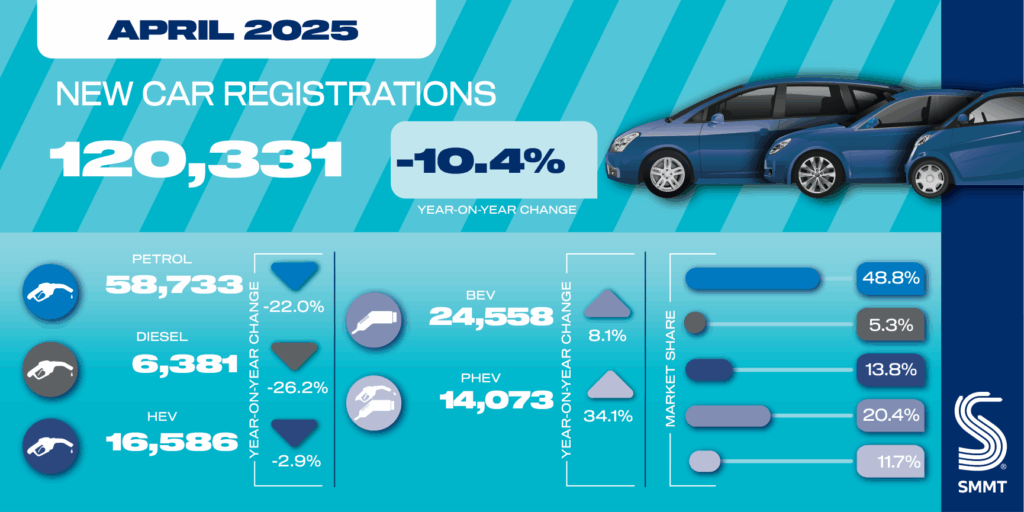Kemp’s Georgia decision forces GOP to consider a worst-case Senate scenario
Georgia Gov. Brian Kemp (R) just made life a great deal harder for the Senate Republicans trying to maintain a firewall around their three-seat majority next year. In passing on the chance to take part in what would be an ugly, expensive and uncertain effort to win back a Senate seat Republicans fumbled away six...

Georgia Gov. Brian Kemp (R) just made life a great deal harder for the Senate Republicans trying to maintain a firewall around their three-seat majority next year.
In passing on the chance to take part in what would be an ugly, expensive and uncertain effort to win back a Senate seat Republicans fumbled away six years ago, Kemp is saving himself a whole lot of aggravation and keeping his electoral record perfect for a potential 2028 presidential bid.
If Kemp had gotten in, he would have been a heavy favorite to beat incumbent Democrat Jon Ossoff — but only if the governor could have gotten through a primary that may include the likes of Rep. Marjorie Taylor Greene (R-Ga.) in a place where the state GOP electorate is error prone.
Kemp’s decision hardly renders Ossoff safe, but it certainly means Republicans are going to have to work hard, get lucky with the primary and spend big to beat him. And it is most certainly an indication of the recruitment challenges Republicans will face in a deteriorating climate for their party.
With that in mind, let’s get the lay of the land for the midterms.
There are maybe 40 of 435 House districts that could be competitive, and those are fairly evenly distributed between the Rs and the Ds. Lots could change in the next 78 weeks, but the most likely scenario for the fall of 2026 is that there will be a brawl for the 20 tightest swing districts.
There’s no reason right now to believe that the curse that has afflicted the party in power in almost every midterm since the Civil War won’t be in effect for Republicans. The president’s approval ratings are poor and the core voters for the party out of power seem highly activated. The reasonable bet is that Democrats will be on offense in most of the toss-up races and fighting for an advantage of 10 or 15 seats.
In the Senate, Republicans can afford a net loss of three seats and still hold the majority, thanks to a tiebreaking vote by Vice President Vance. And there are only two obvious pickup opportunities for the blue team, the seats held by Sen. Susan Collins in Maine and Sen. Thom Tillis in North Carolina. With a slew of Democratic retirements in competitive states — Michigan, Minnesota and New Hampshire — it’s very reasonable for Republicans to expect to hold on.
Let’s consider, though, what might happen with robust Democratic turnout and a depressed Republican vote of the kind we’re seeing in 2025’s offyear contests. That’s a world in which Collins would need a stunner of even greater magnitude than her comeback win of 2020 and Tillis would need Democrats to nominate someone other than former Gov. Roy Cooper — assuming both incumbents survive the expected primary challenges they will face. A loss by either Collins or Tillis in the first round would mean an almost certain Republican defeat next November.
And if it’s that kind of year, don’t be looking for Republican surges in Minnesota, Michigan, and New Hampshire. Assuming neither side nominates a kook (hardly a sure thing, I know), you’d give the advantage to the party out of power in open-seat races.
But even assuming the worst case for Republicans, that would only be a loss of two seats — Maine and North Carolina — and no offsetting gains from the Democratic retirements. Such a scenario would make matters harder for the Senate GOP, but at 51 seats, they would still be able to pass some legislation and, more significantly if Democrats win the House, block almost anything from advancing.
Now Kemp's decision starts to look more consequential, though. If Ossoff can hang on in Georgia thanks to another round of GOP dysfunction in the Peach State, Democrats could get serious about a possible majority.
Down in Louisiana, Republicans are at some risk of throwing another Senate seat away as Sen. Bill Cassidy (R) prepares for what will be a predictably awful primary contest. Democrats have yet to convince former Gov. John Bel Edwards to take the plunge, but if Cassidy loses to a nutty enough candidate in the state’s newly imposed partisan primary, Republicans wouldn’t be able to take that seat for granted.
But it’s next door in Texas where things are looking the most painful for Republicans right now.
Sen. John Cornyn (R) would be an almost sure winner in a general election, but unfortunately for him and his party, Cornyn looks like he’s losing the primary to state Attorney General Ken Paxton, who has been beatified by the MAGA movement since surviving an impeachment for corruption in 2023.
Paxton is bringing some real Roy Moore energy to the Texas contest: a candidate who can’t lose the primary and can’t win the general. Cornyn has deep reserves of both cash and support built in his four terms, so Paxton will face some obstacles. And so far, President Trump has stayed out of the contest. But it doesn’t take much imagination to see Trump siding with Paxton after Cornyn zeros in on the attorney general’s obvious ethical weaknesses while Paxton is hitting Cornyn for insufficient loyalty to Trump.
Democrats have a ready-made candidate in former Rep. Colin Allred, if the blue team can convince him to reprise his role from 2024. Allred couldn’t beat incumbent Sen. Ted Cruz (R) in a presidential election year, but he certainly could beat Paxton in a lower-turnout midterm year. He might even make life difficult for Cornyn, especially if Cornyn has to pander too hard to the MAGA base in order to survive the primary.
Is a Democratic Senate majority likely? No. Do Republicans have to admit the possibility that their wild and wacky primary elections could, yet again, deprive them of the upper chamber? Kemp’s decision sounds like an emphatic “yes.”





















































































